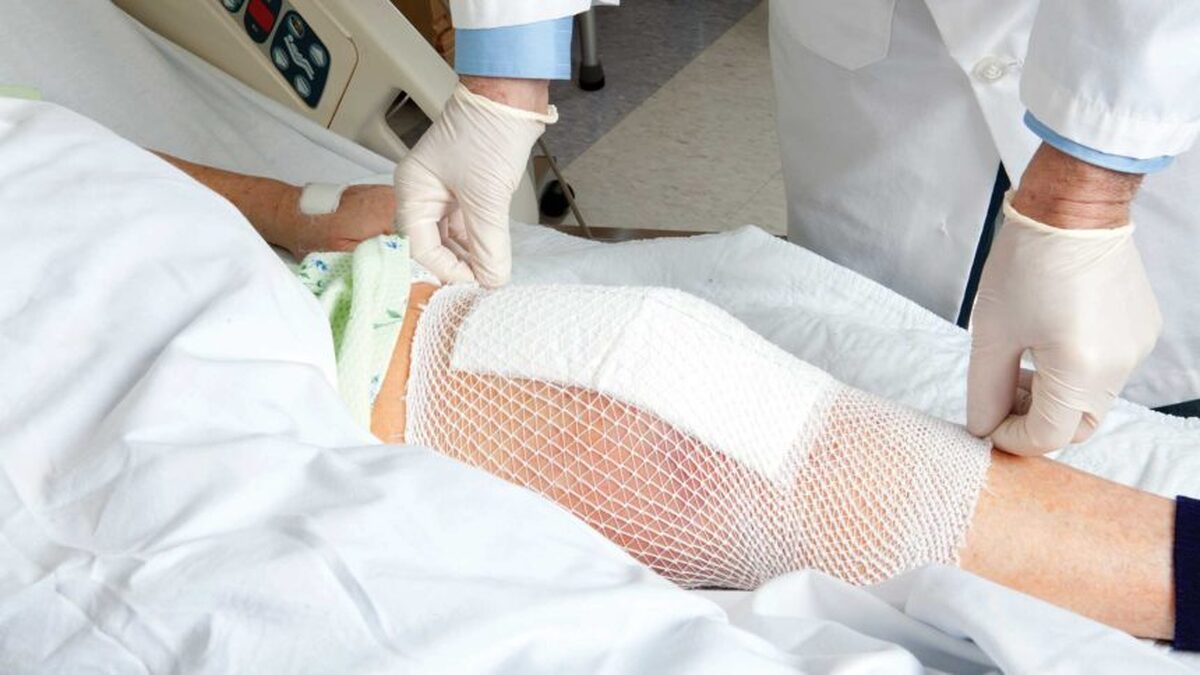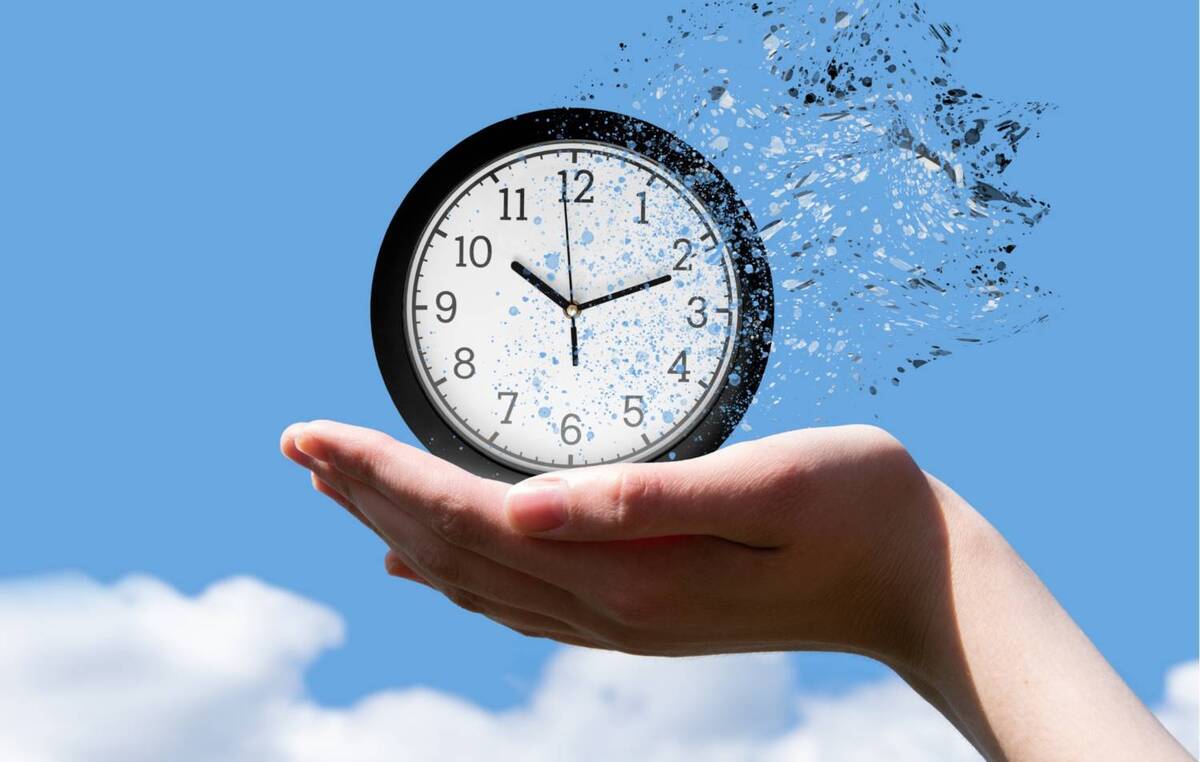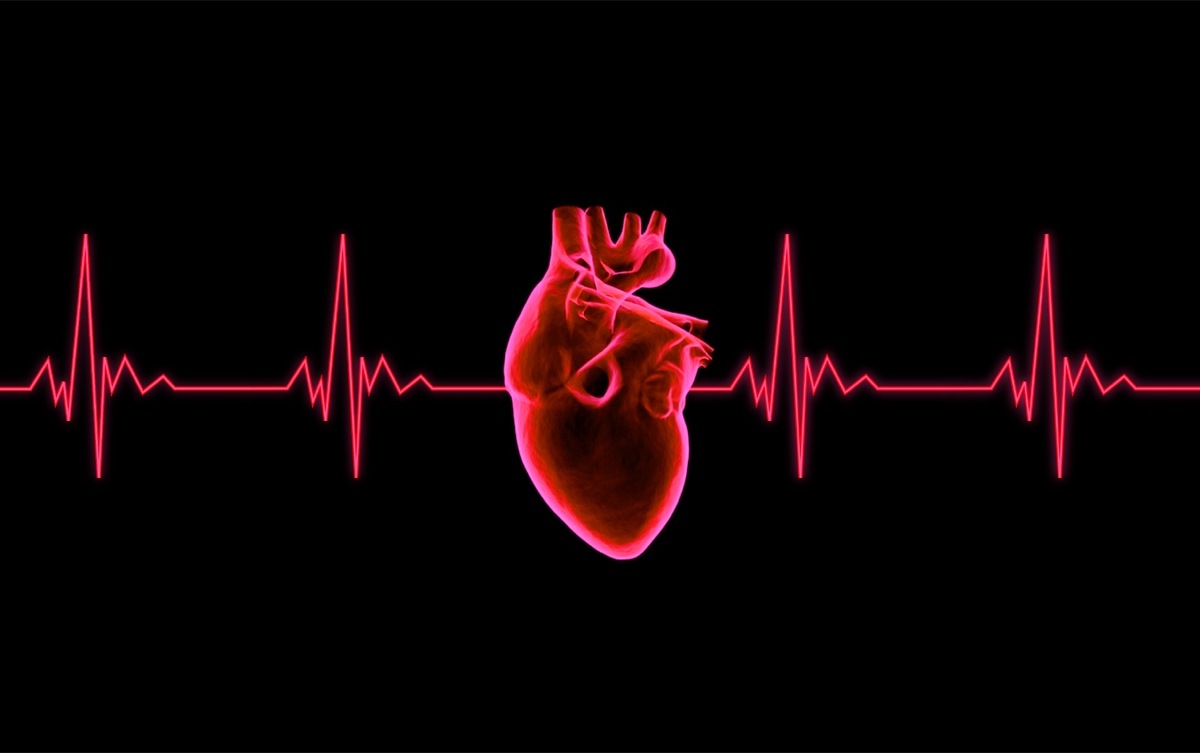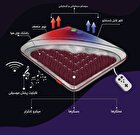Our Perception of Time Can Actually Speed Up Wound Healing

Harvard University psychologists Peter Aungle and Ellen Langer say their findings back up the idea of a two-way mind-body relationship, and that more consideration should be given to psychological factors when it comes to helping people recover from injury and illness, the journal Scientific Reports reported.
Scientists are still trying to unpick the ways in which mental attitude affects physical health, but this is an eye-opening example carried out under lab conditions – and suggests the relationship between brain and body is broader than previously thought.
"Based on the theory of mind-body unity – which posits simultaneous and bidirectional influences of mind on body and body on mind – we hypothesized that wounds would heal faster or slower when perceived time was manipulated to be experienced as longer or shorter respectively," write the researchers in their published paper.
For the study, Aungle and Langer enlisted 33 participants, who each underwent a controlled cupping therapy process to leave bruising on the skin. This gave the researchers a minor wound that they could observe.
The volunteers were mildly wounded in this way three times: once in a Normal Time scenario lasting 28 minutes, once in a Slow Time scenario that lasted 28 minutes but was engineered to seem like 14 minutes (half as long), and once in a Fast Time scenario that lasted 28 minutes but was made to feel like 56 minutes (twice as long).
Tricks such as changing timer speeds, getting the participants to watch videos, and changing the frequency with which they were quizzed on their wounds were all used to help change the perception of passing time.
"Although the actual elapsed time was 28 min in all three conditions, significantly more healing was observed in the Normal Time condition compared to the Slow Time condition, in the Fast Time condition compared to the Normal Time condition, and in the Fast Time condition compared to the Slow Time condition," write the authors.
This complicated relationship between the mind and the body has long fascinated researchers. It's part of the reason why placebos are still used in experiments: sometimes just thinking you're undergoing treatment can have positive effects.
But while something like emotion is commonly understood to affect health (because stress can cause inflammation, for example), more abstract psychological factors – like the perception of time – are yet to be properly examined.
"These results support the hypothesis that the effect of time on physical healing is directly affected by one's psychological experience of time, independent of the actual elapsed time," Aungle and Langer conclude.
4155/v
























